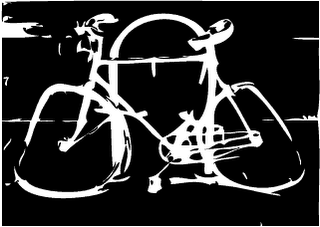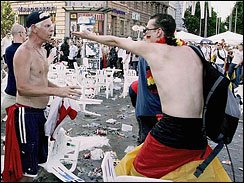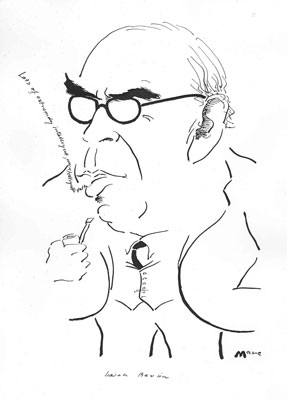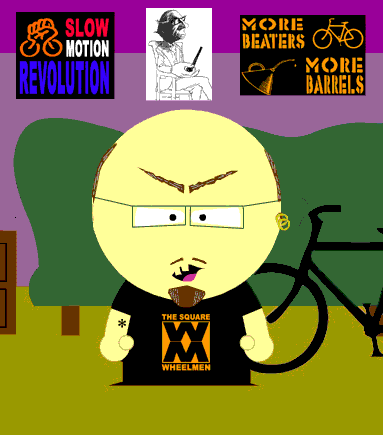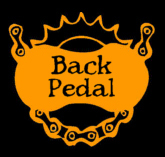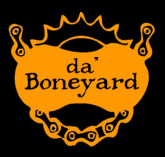...and the accidental
environmentalist
Is she still alive?

That’s the first question I get when I tell friends and colleagues that I’m now leading the
Roots & Shoots team here in the Great Lakes region. I reassure them that
Dr. Jane is very much alive and tirelessly encouraging young people to improve our world through service learning projects for animals, the environment and human communities. Then they usually follow-up with,
You’re an environmentalist? In Chicago?
It’s not that they don’t know I’ve been car-free for eight years or that my enthusiasm for restoring old bikes eventually steered me into the simple living movement—a lifestyle focused on decreasing consumption. Nor are they surprised I’m continuing my professional journey promoting youth leadership development. They know that I’ve spent the last decade working with young people in the Balkans, the Caucasus and Central Asia. They know that my passion lies in helping diverse communities find local solutions to global challenges through education reform and a focus on civic education.

What they don’t realize—indeed what I didn’t realize myself until recently—is that becoming the
Roots & Shoots Great Lakes Regional Director is the logical, if surprising, next stage in both my personal and professional evolution. When I first came to Chicago in 2000 I didn’t expect to be here for very long. After setting up the global programs for
The Great Books Foundation, I planned to head back to Bosnia-Herzegovina and establish my own experimental high school. Instead, I fell in love with Chicago, its diverse neighborhoods and the local organizations serving young people. This shouldn’t have been so surprising since, except for a few years, I’ve never lived very far from the shores of the Great Lakes.

Chicago quickly became my community even as I spent time abroad working with local education institutions and youth leaders. While developing a university curriculum in Tajikistan for the
Aga Khan Development Network, I soon learned, much like Dr. Jane did, that strengthening local communities and protecting their surrounding eco-systems are two sides of the same coin. After my arrival, an outbreak of typhus—a bacterial disease that can be contracted through contaminated water—temporarily closed the university. Reforming the curriculum wouldn’t do much good unless students and teachers had access to clean drinking water. And the lesson didn’t end there.

Everywhere I went, including Azerbaijan on the contaminated shores of the Caspian Sea, young leaders were fighting hard for democracy and the environment, being both creative entrepreneurs and ecological stewards, as well as promoting the rights of humans and animals alike. In northern Nigeria as well as the southern Philippines, Christian and Muslim youth were helping to resolve communal conflicts in order to encourage sustainable farming practices. And this lesson was not limited to these countries.

In 2005,
Hurricane Katrina devastated the Gulf Coast here in the United States. Among the ecological refugees was my aunt, uncle and 10 cousins who were born and raised in New Orleans. None were injured but all lost their homes. Almost immediately I joined the national effort to clean up and rebuild the city. That experience was much more personal than any of my previous ones overseas. It convinced me of the absolute need to confront global warming and the incredible opportunity for engaging an emerging generation of young leaders in doing so.
And so, I find myself here in the
Roots & Shoots Great Lakes Office—accidentally, happily, passionately an environmentalist.
Labels: Chicago, enviromatters, GenJONES, serious shit, worldbeat
 Over at the website for The Inconvenient Truth they have a Carbon Calculator. It's a helpful way for figuring out how much carbon dioxide each of us produces every year. I calculated my personal emission and was rather surprise by the total: 1.65 tons ... TONS!?! Talk about bad news.
Over at the website for The Inconvenient Truth they have a Carbon Calculator. It's a helpful way for figuring out how much carbon dioxide each of us produces every year. I calculated my personal emission and was rather surprise by the total: 1.65 tons ... TONS!?! Talk about bad news.





